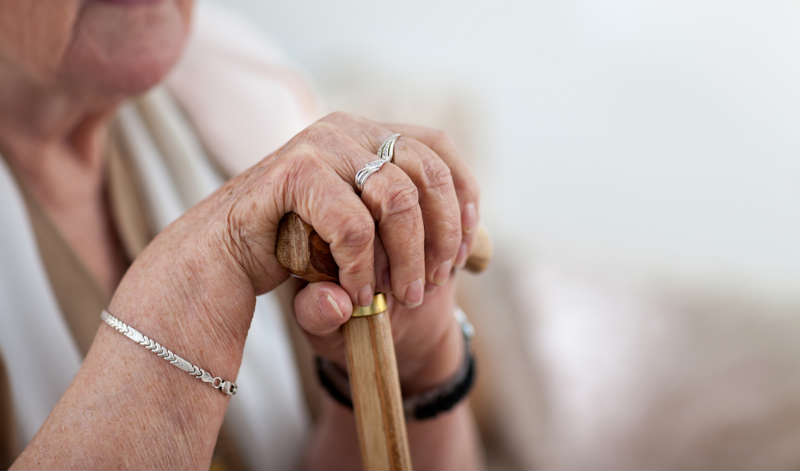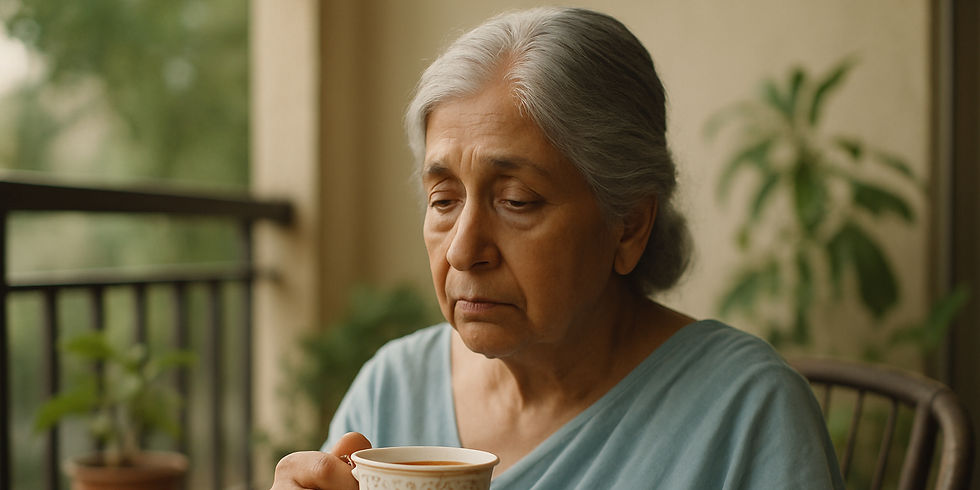Overcoming the Hurdles of Loneliness and Social Isolation in the Elderly
- Apr 20, 2022
- 3 min read
Updated: Apr 24, 2024
The pandemic has left us all with a feeling of isolation and loneliness for almost two years now. However, these are not new issues among the elderly. Numerous researches have demonstrated that an increase of isolation and loneliness is having a major impact on the length and quality of life during the last decade.

While it is common to confuse these two, loneliness is actually defined as the feeling of being alone, irrespective of social interaction while a lack of social relationships is referred to as social isolation. Some people experience loneliness as a result of social isolation, whereas others experience loneliness without being socially isolated. Both of these have been linked to serious health issues including increased risk of premature deaths, dementia, depression, suicide, heart issues, and more.
Lonely and socially isolated elders suffer from various health issues and also are likely to neglect their physical and mental health. According to experts, the want to spend time with people is as powerful as the need to eat and drink. Our thoughts get less sharp as the years pass if we do not have enough engagement with others. Even from day to day, the effect may be noticed! Penn State University researchers announced in September 2021 that seniors performed higher on memory and cognitive tests on days when they interacted socially with others.
So how can certain barriers to later life social connections be addressed?
1. Isolation due to memory loss
Families and friends should continue supporting those living with disorders such as Alzheimer’s. While it is painful to watch your loved ones not recognize you, efforts to spark their memory could be applied. Instead of testing them with direct questions about their past, relating it with a memory instead could be fruitful. Instead of asking, “Do you remember our visit to the village last Eid?” you can say, “I loved it when you drove us to the beach. Is summer still your favorite season to go to the beach?”. Arranging social activities in a non-judgmental setting can also allow the elderly to feel included while being surrounded by their loved ones.
2. Mobility limitation due to lack of transportation
Even if an elderly is willing to go out, doing so may be difficult due to the lack of transportation facilities catering to special needs. On top of that, vision impairment, memory loss, and arthritis further make it difficult to move around. Families and friends may come forward to give them a ride but it also comes handy to learn about professional in-home caregiving services who can assist in taking them to medical appointments and other places.
3. Self-consciousness due to age-related physiological changes
Confidence in one's own looks may be difficult at any age, but it's especially difficult for the elderly. Older people may become so self-conscious about their appearance that they shun any social engagements. Compliments and encouraging remarks regarding your loved one's looks may go a long way in boosting self-esteem and self-confidence, allowing your loved one to get out and reconnect with the world. Researchers have also discovered that enhancing self-esteem might protect elders from certain health risks.
Our world is shrinking due to health issues. Loneliness raises the risk of sickness and impairment, but it also has the opposite effect. The elderly with chronic health issues frequently suffer from withdrawals and become housebound. Concordia University's Meaghan Barlow said, "Because loneliness can lead to more issues, steps should be taken to avoid the consequences from looping back on themselves.” Just because someone is suffering from a chronic condition, doesn't mean that they don’t deserve a chance to enjoy their life to the fullest surrounded by their near and dear ones.
If you have an elderly at home who requires services to enhance their quality of life, Home & Community Care Limited can provide your loved one with all the assistance they need. Get in touch today. Call us at +8809678771382 / +8801777772541 or email eldercare@sajida.org.












Comments